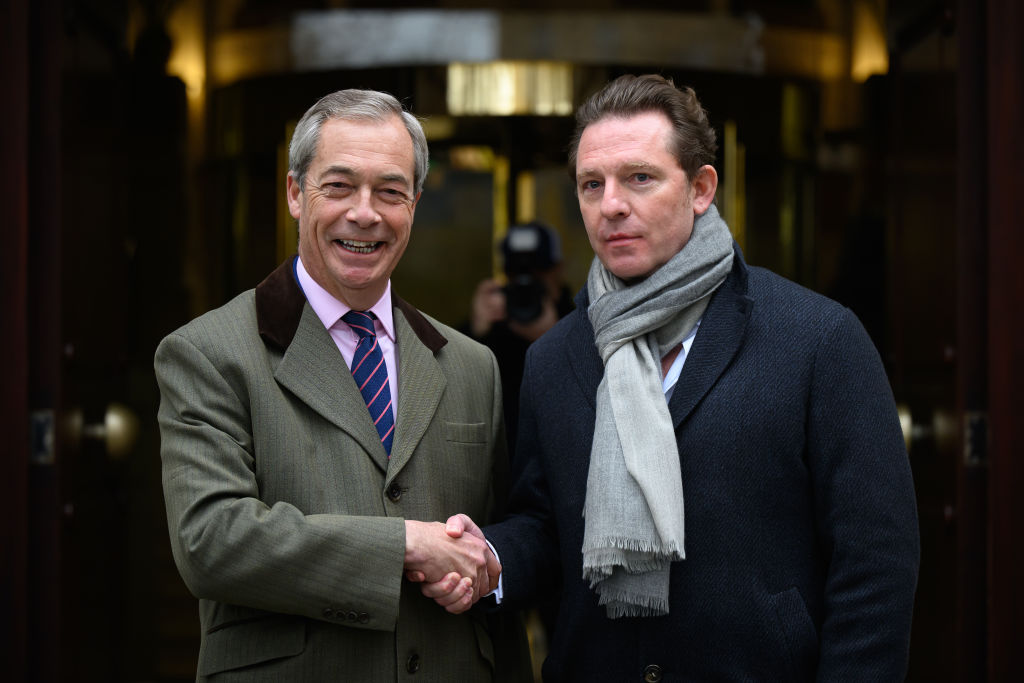Funding rules have long been one of the big fudges of British politics. The money that can be spent in election campaigns is reasonably tightly controlled, but where that money comes from and what can be used outside of election periods are under a far looser grip. Now, it seems like this will be changing. Last week, Lucy Powell, the Leader of the Commons, promised new legislation in the New Year.
Cleaning up funding has been a long-term Labour promise, but recent news has given it a new urgency. The rumours of an Elon Musk mega-donation to Reform UK may not turn out to be true, but they have got Westminster worried. On a level of principle, it shows the potentially outsize influence of foreign money directed at UK politics. On a grubbier political level, blocking that money is a good way of grounding Farage’s ambitions.
The latter possibility creates a real dilemma for Labour. First, there is the worry that changes which look targeted purely at Reform will provoke a backlash and empower the insurgent party. On top of that, there will be some in the Labour Party who might see an advantage in Reform surging. The rise of Farage will generally come at the expense of the Tories, which would obviously aid Labour. Additionally, the threat of Reform could help unite the Left and shore up a struggling Starmer government.
The practicalities of reforming election spending are tricky, too. The current system is largely the result of Tony Blair’s reforms, which increased transparency but provided significant loopholes. In particular, while overseas donations are banned, there is little to stop a UK company from being set up solely as a vehicle for election spending. Labour is likely to follow the Electoral Commission’s guide to stopping this by limiting company donations to a proportion of its profits. This might hamper Musk, but it wouldn’t necessarily stop the wider flow of money into British politics.
Bolder action could, though. In France, for example, it is illegal for any corporation or non-profit to fund political parties, while individual donations are capped at €7,500. Moving to this model would clean up many of the questions about who funds our politics, but it is unappealing for the establishment parties. Both Labour and the Tories are dependent on types of funding — from unions and businesses, respectively — that would be illegal in France. Changing this system would provide a massive challenge for them. Replacing this money with any sort of state funding, as seen in some countries, could also be politically toxic. This is what has blocked most big reforms already.
A more technical approach could further limit what parties spend outside of election time. At present, there is little control over advertising and campaigning activities outside of designated periods. If Reform receives a glut of cash, Farage’s party could spend it now on leaflets, staff, and online ads without having to really account for it. This approach would limit the usefulness of big donations but would be a challenge to enforce.
Spending changes could easily empower incumbent parties against the opposition, and there’s an obvious temptation to cut Reform UK off at the knees. However, reforms were part of Labour policy long before Musk threatened to open his chequebook. Next year will see some action, but it will be a tough one to balance. Labour will not want to cut off its own funding, and will be wary of looking too political in how the changes are enforced. Change is likely to come, but it will be another test of just how bold Keir Starmer is prepared to be.











Join the discussion
Join like minded readers that support our journalism by becoming a paid subscriber
To join the discussion in the comments, become a paid subscriber.
Join like minded readers that support our journalism, read unlimited articles and enjoy other subscriber-only benefits.
Subscribe